Fled from Ukraine: “I have no more tears.”
Kristina and Eugene talk about their flight from Ukraine, why he was allowed to leave the country and how they want to continue.
Eugene and Kristina are safe. Finally. At the beginning of March, late at night, the couple is standing by a patio heater in Ubľa, Slovakia, near the Ukrainian border. Frozen, they hold their hands close to the warm metal in this moment of rest and stillness. At this time, relatives of the two are still waiting on the other side of the border to reach this safe place. They’ve been in line for six hours.

Escape from Ukraine full of uncertainties
Kristina impressively describes how nerve-wracking this escape is. As a woman, she can express that better than her husband, she says. Up to this question, Eugene has the word, describing the conditions in the capital Kyiv and the family’s future plans. Now she takes over. “We were stuck in traffic for five hours to make 40 kilometers,” she says of the journey. However, it is not only the time factor that plays an important role on this path. Because:
” You notice the fuel gauge slowly going down – and you pray you don’t get stuck somewhere in the middle of nowhere. “
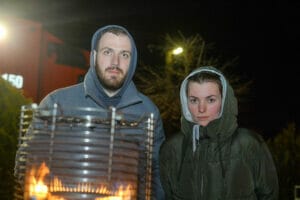
Kristina
escaped from Kyiv
In so einem Moment zähle nur, irgendwie die nächste Tankstelle zu erreichen. Von denen angesichts des Krieges einige nicht mehr in Betrieb sind. Und die derzeit Hunderttausende Flüchtende ansteuerten. „Wir haben sogar an der Tankstelle geschlafen, nur um sicherzugehen, dass wir morgens etwas bekommen“, erzählt Kristina. Die Lage an diesen Hotspots beschreibt sie als dramatisch:
People would kill for a liter.
Nevertheless, the family has chosen a route that is much longer and more complicated through the Ukraine; from Kyiv to Ubľa They speculated that there would be fewer crowds here than on the western border, says Eugene.
The war is getting closer
The couple flees the Ukrainian capital right at the beginning of the war when a rocket hits a high-rise building less than two kilometers from their home. Before that, they witness attacks on a military airport about 30 kilometers away, near which Eugene works. “We woke up to this horrible noise,” says Eugene; yet friends in Russia accused them of lying. First, Kristina and Eugene drive with their families to a suburb just a few kilometers away and spend about a week there. “But over time, the Russian troops got closer and closer,” says Eugene.
First they hear of fighting about 40 kilometers away, then 30 and then 20. “The situation was really terrible,” he says. They can’t tell which direction the fighting is coming from, but they can clearly be heard. That’s why Eugene wants to go further away. Now the family travels to Mukacheve, around 800 kilometers away, at the Ukraine-Hungary-Slovakia border triangle. “We drove for three days,” he says. They spend three nights there and finally head towards the smaller border crossing at Ubľa.
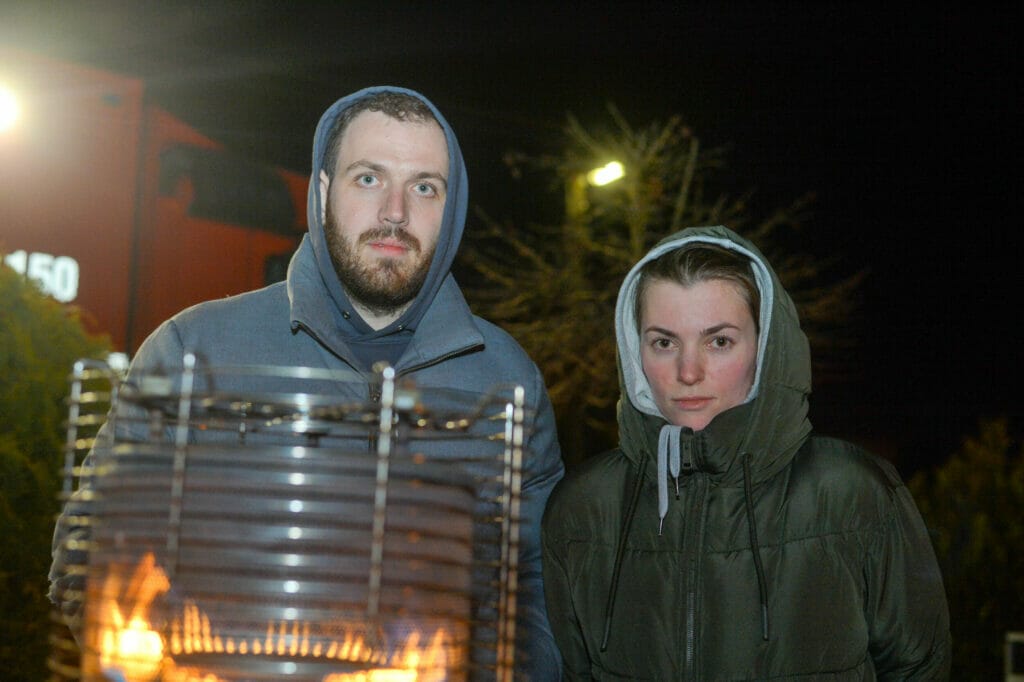
The pass allows Eugene to escape
It is thanks to his Bulgarian passport that Eugene is allowed to cross the border. Since he operates several locations as a logistics entrepreneur for air freight, the family has a starting point in Budapest and does not have to start from scratch. Eugene talks about the flight in a distanced manner, which also has something to do with the difficult professional experiences of the past few years. “It’s like a new situation that I have to face,” says the 29-year-old.
From outside he can also support the army better than with the weapon, with which he has no experience. Supporting Ukraine is fundamentally very important to him, he emphasizes. He also tries to convince others to donate to the Ukrainian military. It’s not always easy. A business partner in Russia, whom he has known for three years and whom he has met in person several times, trusts state television more than his personal account. “I showed her a video of the destroyed house near us. She said it was fake, even though I told her I made the video myself and she knows me!”
Tears on daily basis
Kristina patiently stands by. How can both of them seem so calm? She’s not calm, the Spanish teacher interjects. “I’ve cried every day for the last two weeks,” she says; at the time of the conversation, the war lasts just as long. She had never been so nervous. There is only one reason why she seems calm now:
I believe I’ve run out of tears. I can’t see any more news because each one is worse than the one before. […] When you get here and you don’t hear the bombs anymore, it’s magical.
But even slamming doors now make her flinch and the first impulse is to run. With a trembling voice, she talks about attacks on schools and hospitals in Mariupol and other places, clutching her hand tightly at Eugenes. But tears no longer run down the cheeks of the 27-year-old.
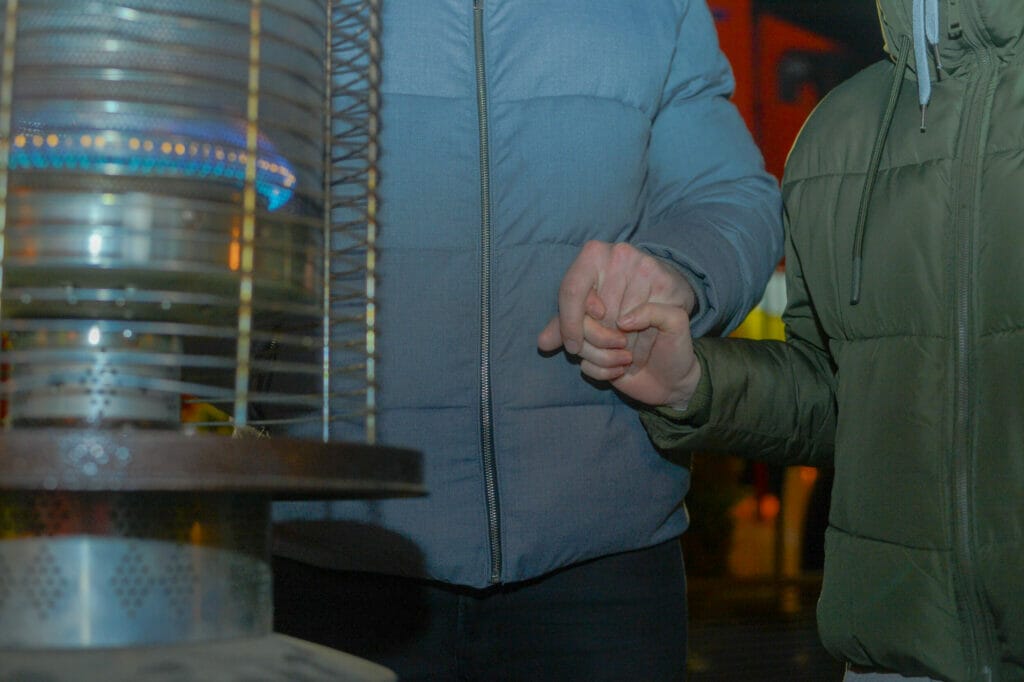
Vorgeschlagene Beiträge
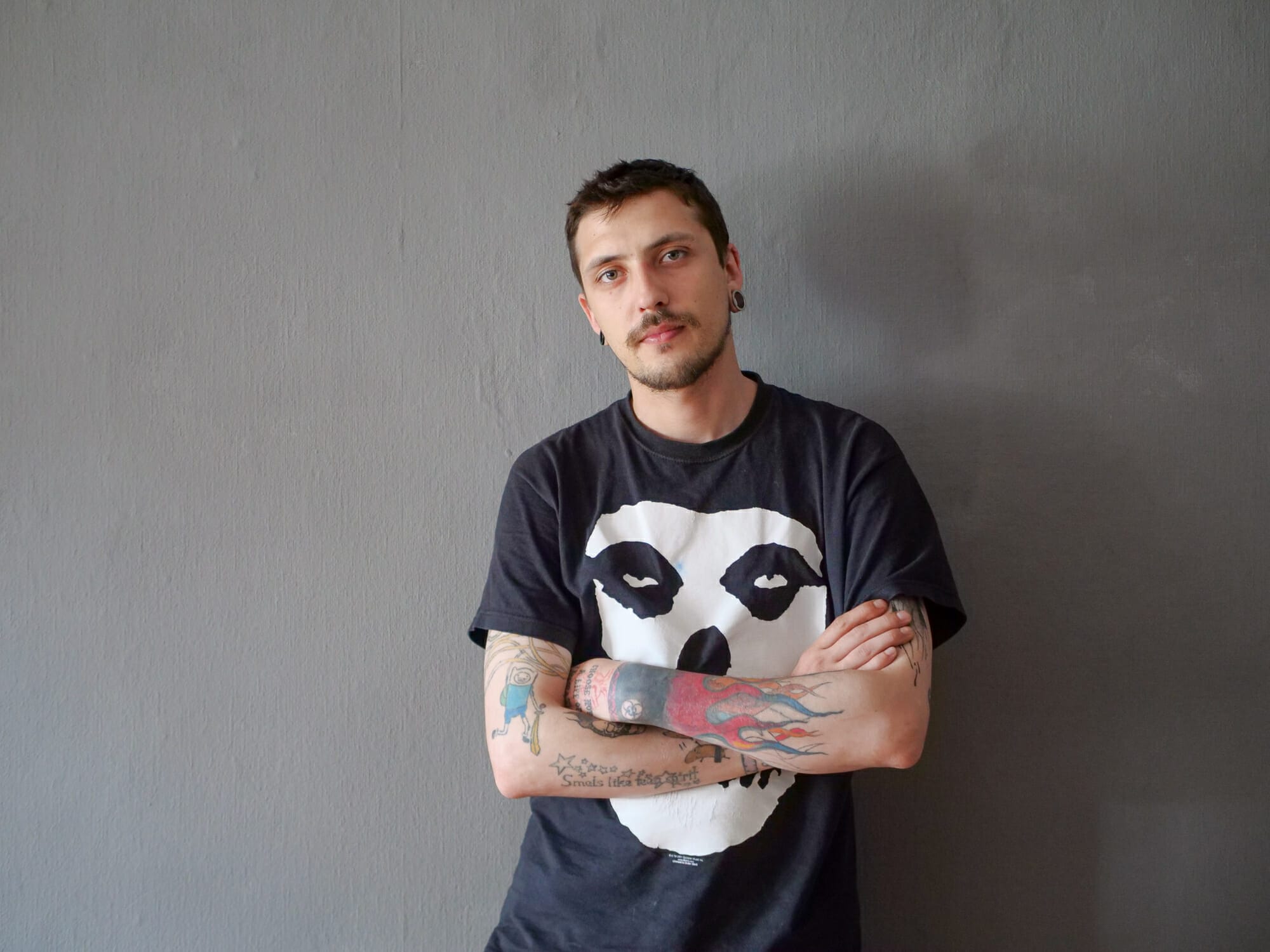
Adam’s escape from Mariupol
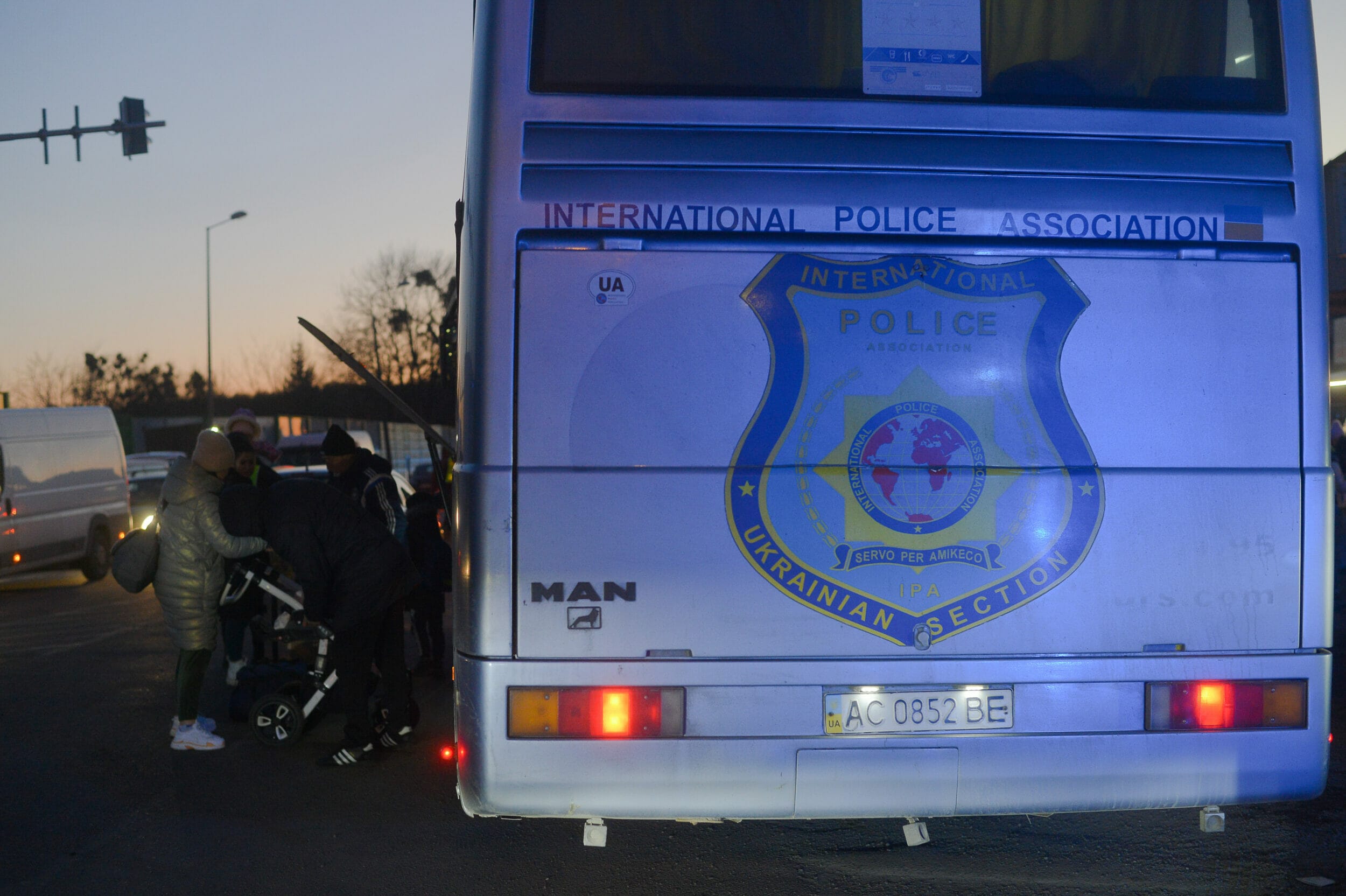
From Afghanistan and Ukraine: A family flees for the second time
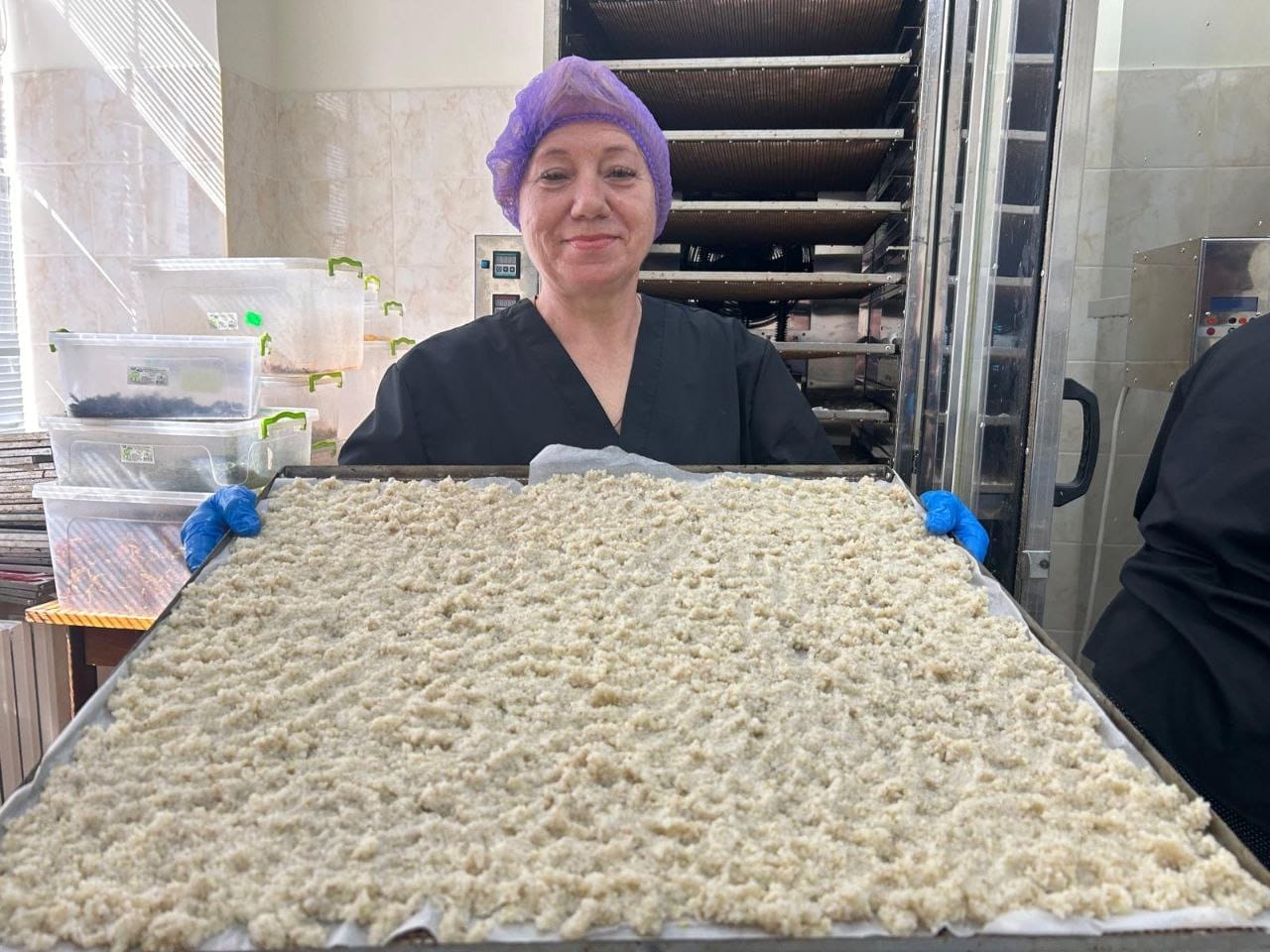

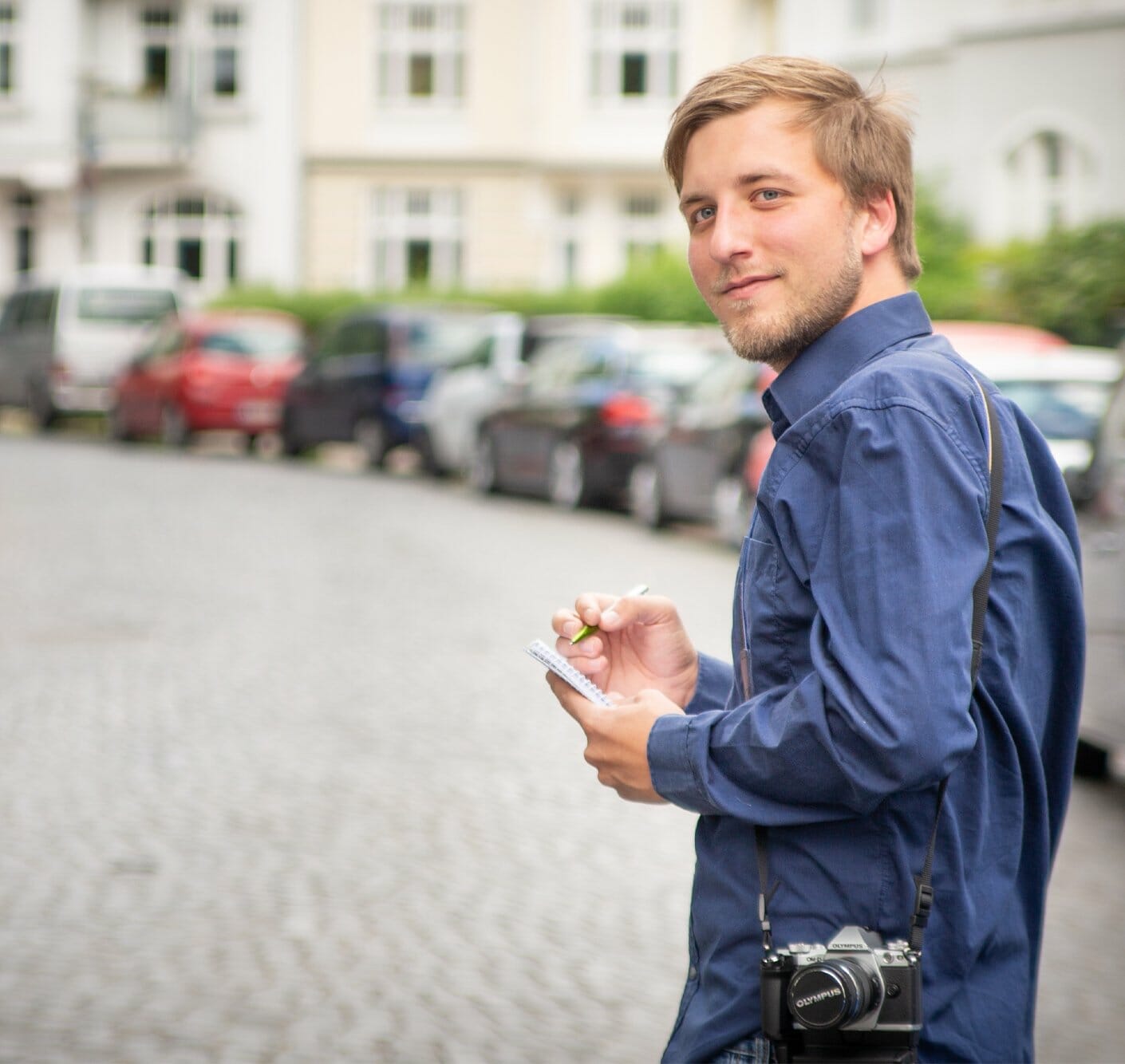
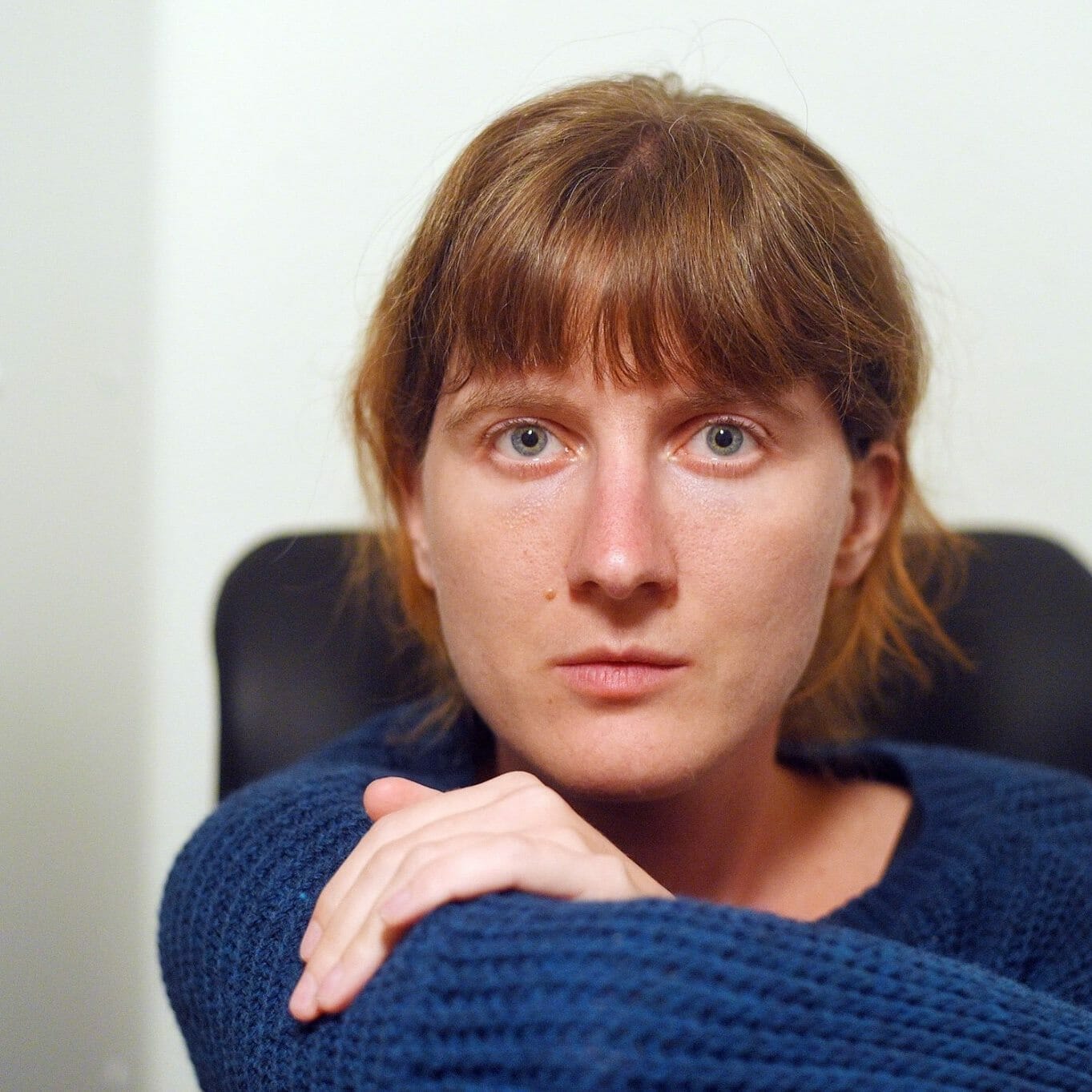
Leave a Reply
You must be logged in to post a comment.